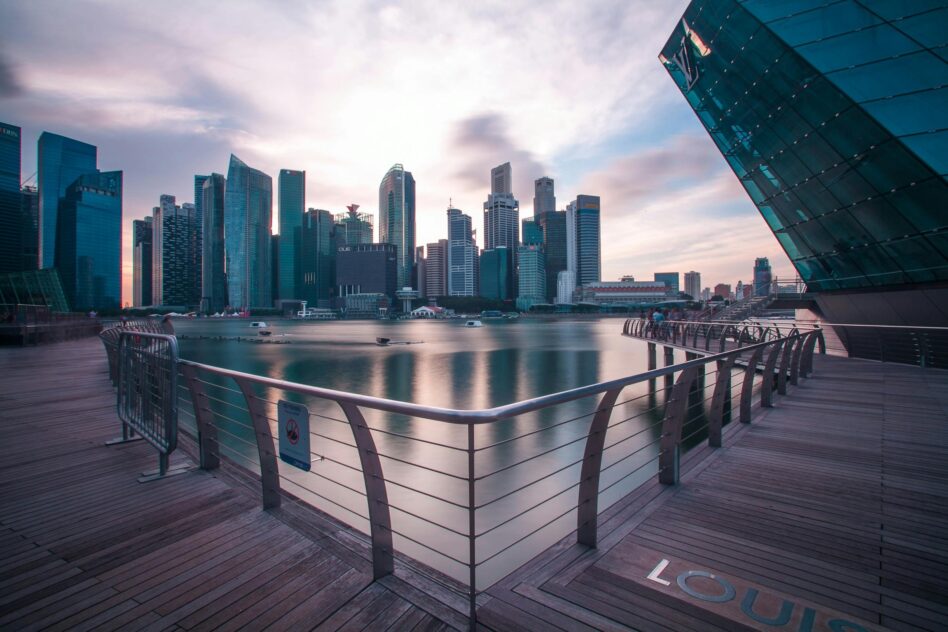Editor’s note: This is the second part of a two-part article that delves into the historical and contemporary rationale motivating hotel investments. Read the first part here.
INVESTMENTS into hotels have been driven by a range of motives, from the generic to the specific, from purely economical to somewhat altruistic or even emotional on occasion.
Often viewed as a form of alternative investments, the improvements of fundamentals and values within the hotel industry have spurred renewed interest in hotel investments.
Social
While it is unsurprising that historically, the invention of hotels arrived as a byproduct of trade and commerce, the concept of paid lodging itself, or innkeeping as they called it then, had significant social undertones.
Locales which provided taverns and inns for weary travellers boosted the corresponding town’s social status as a desired location of visitation.
Hotels have been considered a form of social enterprise, though we are confident certain parties will argue this form of limited altruism is often as a secondary result rather than the actual impetus.
However, it is irrefutable that having hotels, especially with recognisable monikers, as a landmark raises the profile of the location, and adds an imaginary feather in the local government’s cap.
Supportive use
We have heard of the accidental hotelier, but what about the “accidental hotel owner”? On rare and undesirable occasions, a hotel lender may be involuntarily required assume an equity position. But frequently under pleasant circumstances, a real estate developer may realise that a hotel would be complementary and of supportive use to their offerings in a mixed-development scheme.
In a symbiotic and often synergistic relationship, a hotel would buttress the core component(s) of their development, which could be a theme park, retail centre, transport hub, or even a hospital, and vice versa, allowing them to reach out to a wider patronage base, which would normally not contemplate visitations under standalone circumstances. Exceptions apply, particularly to nuclear power plants.

Emotional
As civic pride is considered a residual motivator, the personal prestige associated with owning a hotel is undoubtedly a valid rationale.
Considering the dreams of ownership and emotional incentives, hotels are arguably unrivalled as a trophy status; nothing marks one’s high net worth status than inviting others to stay at their hotel, evident as the investment vehicle of choice for a certain real estate mogul turned leader of the free world.
A valid reason is not always apt, however. There are examples of upper-upscale and luxury hotels being built in third-tier cities, pricing themselves out of the market and operating unprofitably, indicating a mismatch between the product and market, which goes to show while there may be a gap in the market, there isn’t necessarily a market within that gap.
Tax
Tax treatments are generally favourable towards hotels, allowing benefits across ownership and operations in forms of efficiency, deductions, allowances, depreciation and amortisation write-offs as well as incentives when available.
Refinancing opportunities may further help tax optimisation by obtaining tax efficient returns on appreciating assets, while creating equity opportunities.
Attractive pricing
Hotel acquisition prices in Malaysia remain relatively affordable and thus attractive compared to regional markets.
These prices can vary significantly based on factors such as location, size, brand reputation, and prevailing market conditions among many others. Generally, budget hotels are available for sale in the range of a few million Ringgit up to RM20 mil.
In a Malaysian context, mid-range hotels, such as 3- and 4-star properties, typically range from RM20 mil to RM100 mil. Meanwhile, high-end or luxury hotels are usually transacted for amounts exceeding RM100 mil.
Repositioning ability
While a hotel is able to retain its purpose as a building for practically an indefinite period of time, this does not diminish its ability to pivot and reposition, when necessary, in efforts to shift or diversify their economic base. We take the “hybrid hotel” for example.
There is a growing trend to operate traditional hotels as hybrid models, combining both short-term and long-term stays. During the Covid-19 pandemic, hotels experienced significant declines in occupancy rates.
In response to this downturn, many hotel owners and operators adapted by shifting to long-term rentals, offering their rooms as residences for long term stays.
This strategy allowed them to maintain a source of income while navigating the challenges of reduced travel and tourism.
This approach is designed to accommodate a diverse range of guests and tenants, from those needing a hotel room for a few nights to those requiring extended stays for months or even year. The primary goal of this model is to enhance hotel occupancy and increase revenue.
This hybrid model is gaining popularity, particularly in cities with high demand for both short-term travel, such as business travellers, expatriates, or individuals on temporary assignments, and long-term accommodation options for nearby workers and students.

For hotel owners, this model offers several advantages, including a diversified revenue stream by attracting both daily-use guests and long-term tenants. It also helps improve occupancy rates by filling vacant rooms with long-term tenants, ensuring a steady flow of income even during off-peak periods.
Additionally, this model caters to a broader guest base, offering flexibility and maximising the utilisation of hotel resources.
From a profitability perspective, short-term stays typically offer higher margins due to rate premiums. However, long-term tenancies provide a more stable and consistent income stream, with monthly rents ranging from RM600 to over RM1,000 for lower-end accommodations.
In some cases, these rates may exclude additional utility charges such as electricity, offering hotel owners a reliable source of revenue with reduced operational volatility.
Enhancement potential
The sheer multitude of variables involved in a hotel’s success is literally mind boggling and a subject for future discourse.
Viewed positively, this is indicative of the availability of multiple avenues to improve the asset’s value, both in tangible real estate parameters and business aspects of a hotel.
Considering the fact that hotels are built on costs, but the value of a hotel is often predicated by profits, this allows the asset value to be enhanced via active asset management across the hotel’s entire life cycle.
That said, while there may be an abundance of reasons to invest into hotels, savvy investors do not simply buy into hype, they separate facts from fluff. – May 7, 2025
Dr Timmy Ho is a Certified Hotel Valuer, Chartered Manager, academic researcher and the Managing Director of the hotel asset management firm Pragmatique Sdn Bhd. Yap Kian Ann is a Registered Valuer, Estate Agent, Property Manager, International Certified Valuation Specialist and the Managing Director of Agility Valuers & Property Consultants Sdn Bhd (AVPC).
The views expressed are solely of the authors and do not necessarily reflect those of Focus Malaysia.
Main image: Unsplash/Jennifer Latham









